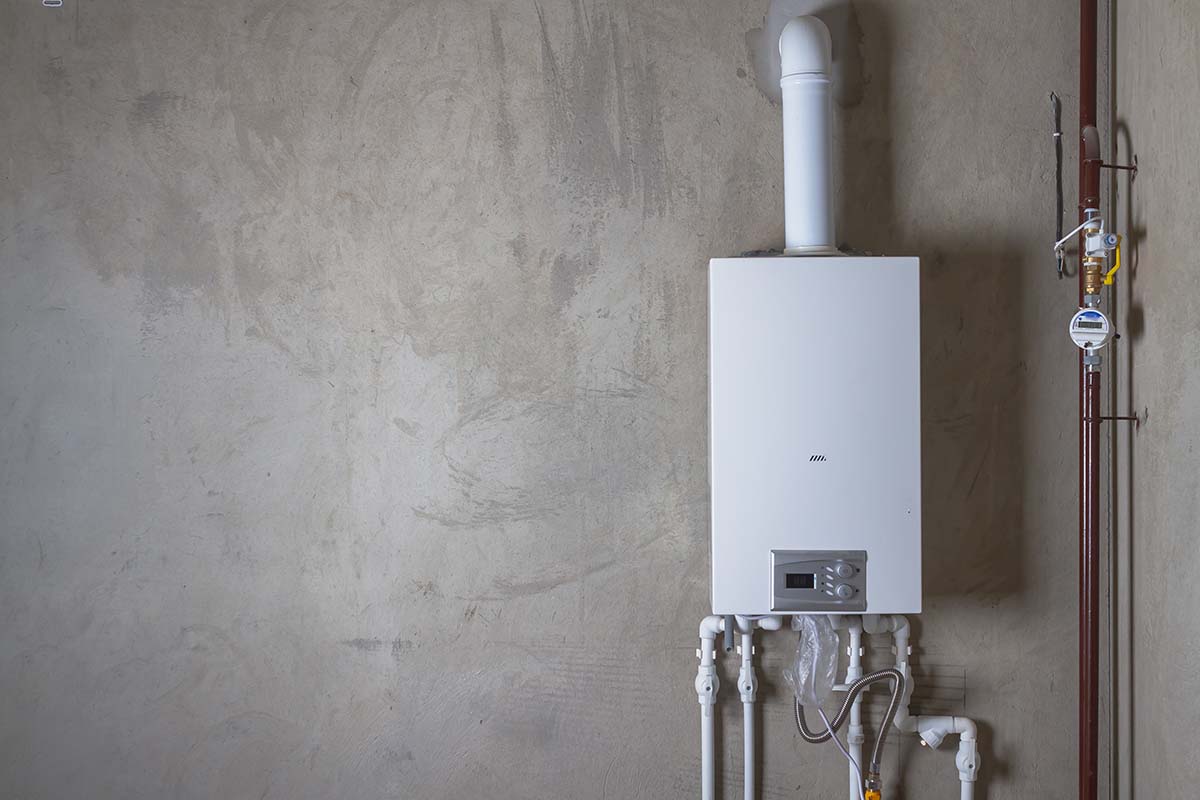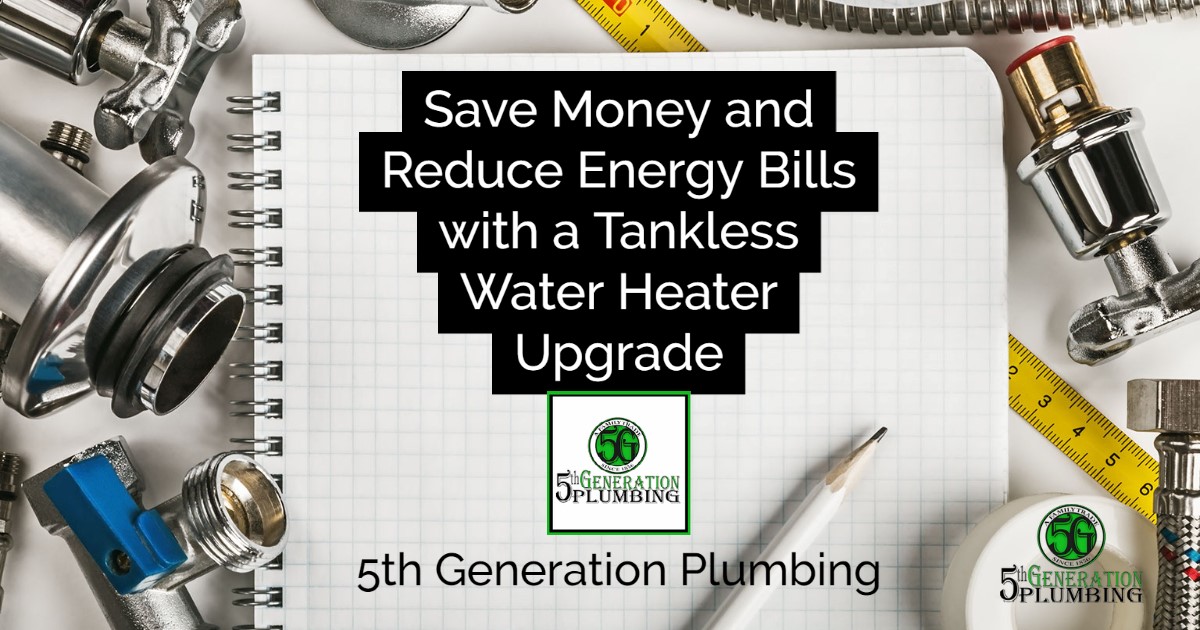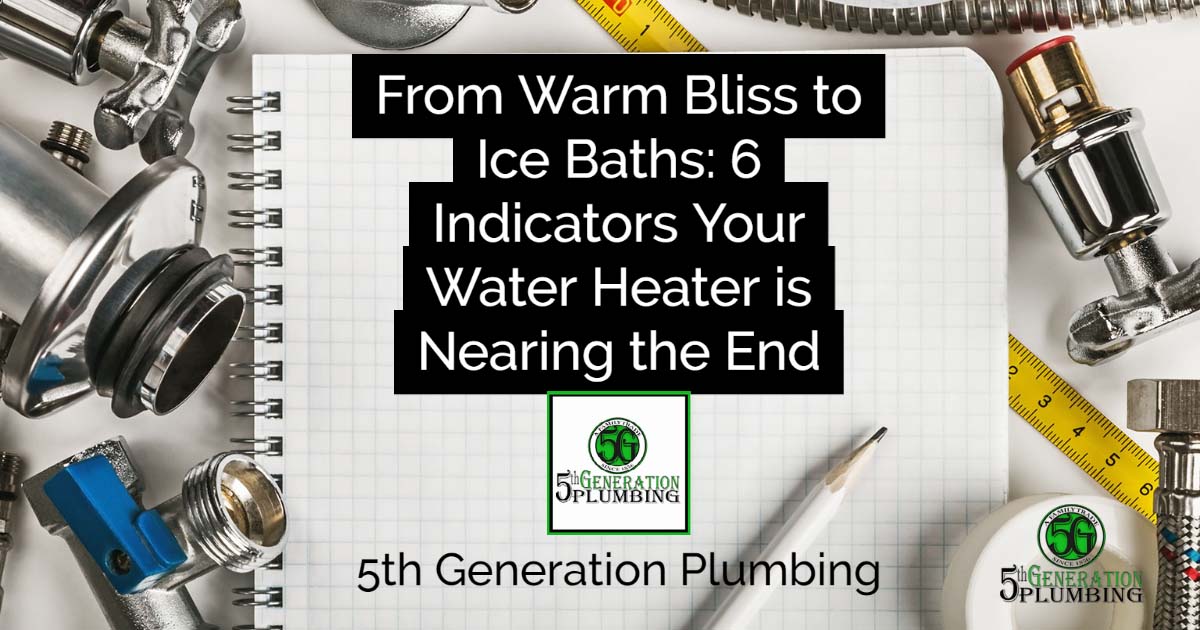Save Money and Reduce Energy Bills with a Tankless Water Heater Upgrade
Are you looking for a way to cut down on your energy bills and save some serious cash? Sure, turning off lights and unplugging appliances when not in use helps, but have you considered upgrading to a tankless water heater? Not only will it reduce your environmental footprint, but it can also significantly lower your monthly energy costs. Keep reading to discover why a tankless water heater upgrade is the money-saving solution you never knew you needed!

Introduction to tankless water heaters
A tankless water heater is a type of water heating system that does not use a storage tank to hold hot water. Instead, it heats water on demand as needed. This type of system can be more energy efficient than traditional storage tank water heaters because it eliminates the standby losses associated with keeping a large volume of hot water stored in a tank.
Tankless water heaters are available in both electric and gas models. Gas-fired tankless water heaters are typically more expensive to purchase than electric models, but they also have the potential to be more energy efficient. Gas-fired models also tend to have faster recovery rates, meaning they can provide a higher volume of hot water on demand.
Benefits of upgrading to a tankless water heater
According to the U.S. Department of Energy, tankless water heaters can save homeowners up to $100 per year on their energy bills. In addition, tankless water heaters provide a number of other benefits over traditional storage tank water heaters, including:
Endless hot water – Tankless water heaters provide a continuous supply of hot water, meaning you’ll never have to take a cold shower again!
Space savings – Tankless water heaters are much smaller than storage tank water heaters, freeing up valuable space in your home.
Longer lifespan – Tankless water heaters typically have a longer lifespan than storage tank water heaters, meaning you won’t have to replace your unit as often.
Reduced risk of flooding – Because tankless water heaters don’t store large quantities of hot water, there’s less risk of your unit leaking and causing flooding in your home.
Advantages of tankless water heaters vs. traditional water heaters
If you’re considering a water heater upgrade, you may be wondering if a tankless water heater is right for you. Tankless water heaters have a number of advantages over traditional water heaters, including:
1. You’ll save money on your energy bills. Tankless water heaters are up to 34% more energy efficient than traditional tank water heaters, according to the U.S. Department of Energy. That means lower energy bills for you!
2. You’ll never run out of hot water again. With a tankless water heater, hot water is endless! That’s because it heats water on demand, so you’ll always have hot water when you need it – no more cold showers!
3. They take up less space. Tankless water heaters are about the size of a small suitcase and can be wall-mounted, making them much more space-efficient than bulky traditional tanks.
4. They have a longer lifespan. Because they don’t have an exposed heating element that can burn out, tankless water heaters typically last about 20 years – twice as long as traditional tank models.
5. They’re better for the environment. Tankless water heaters slash your carbon footprint since they use less energy overall. And since they last longer, that means fewer water heater replacements in landfills!
How to determine the right size for your tankless water heater system
When it comes to tankless water heaters, size does matter. That’s because the size of your tankless water heater will determine the amount of hot water that can be produced at any given time.
So, how do you determine the right size for your tankless water heater system? There are a few factors to consider, such as:
The number of people in your home: The more people in your home, the more hot water you’ll need. And, the larger your tankless water heater should be.
The number of appliances that use hot water: If you have a lot of appliances that use hot water – such as a washing machine, dishwasher, and shower – you’ll need a larger tankless water heater to meet those demands.
Your climate: In colder climates, you’ll need a larger tankless water heater to compensate for the cooler temperatures. That’s because it takes longer to heat up cold water. Conversely, if you live in a warmer climate, you can get away with a smaller tankless water heater.
Installation requirements for a tankless water heater system
A tankless water heater system can save you money and reduce your energy bills, but it requires some specific installation requirements. Here’s what you need to know:
1. The unit must be installed by a qualified professional.
2. It must be placed in an area with adequate ventilation.
3. The water supply must meet the minimum flow rate and pressure requirements for the unit.
4. The power supply must meet the voltage and amperage requirements for the unit.
5. The gas line must be properly sized for the unit.
6. The venting system must be properly installed and vented to the outside of the home.
7. The hot and cold water lines must be correctly connected to the unit.
Potential savings with a tankless water heater upgrade
A tankless water heater can save you money on your energy bills and help reduce your carbon footprint. Tankless water heaters heat water on demand, so you only use energy when you need hot water. This can save you up to 34% on your energy bill each year, according to the U.S. Department of Energy.
In addition to saving money on your energy bills, a tankless water heater upgrade can also help reduce your carbon footprint. Tankless water heaters emit about 30% less carbon dioxide than traditional tank water heaters, according to the EPA.
Tips for keeping energy costs low with tankless systems
1. Make sure your tankless water heater is the right size for your home. Oversized units will cost more to operate.
2. Set the temperature no higher than 120 degrees Fahrenheit. Every 10-degree increase in temperature can add as much as 30 percent to your operating costs.
3. Only run hot water when you need it. Tankless water heaters only heat water on demand, so avoid running multiple faucets or taking long showers unnecessarily.
4. Consider investing in a whole-house tankless system. This will provide hot water for all of your needs, including radiant floor heating, and can save you even more money on energy costs.
Conclusion
Upgrading to a tankless water heater is an excellent choice for anyone looking to save money and reduce their energy bills while still enjoying hot showers and the convenience of running appliances that require hot water. Tankless heaters use less energy than traditional tank-style heaters, so you can rest assured knowing that you’re using your resources wisely. Whether you are looking to improve your home’s efficiency or just want some extra cash in your pocket every month, replacing your old water heater with a tankless model could be the perfect solution. Call today to get started!
















